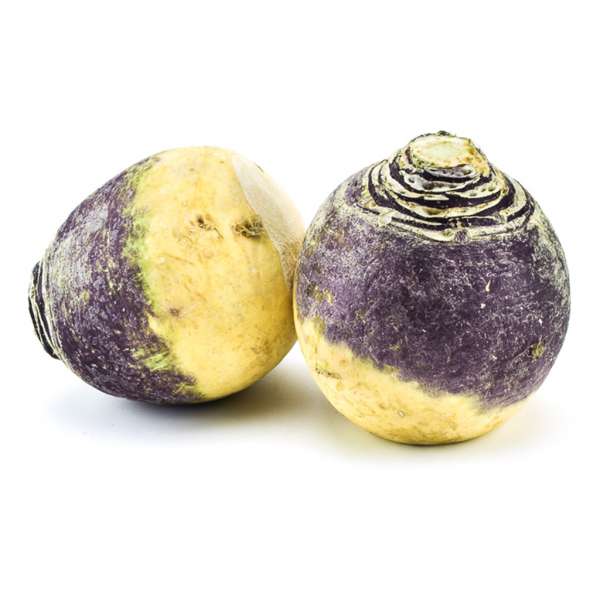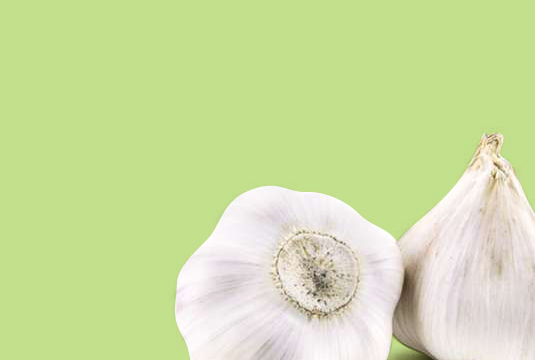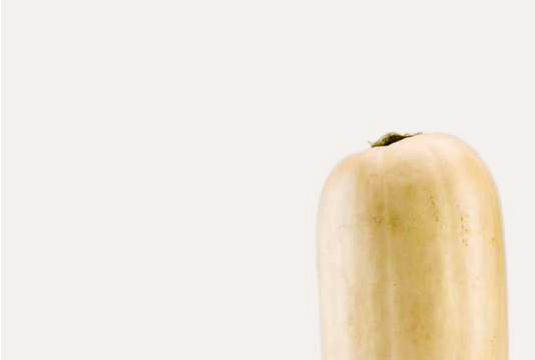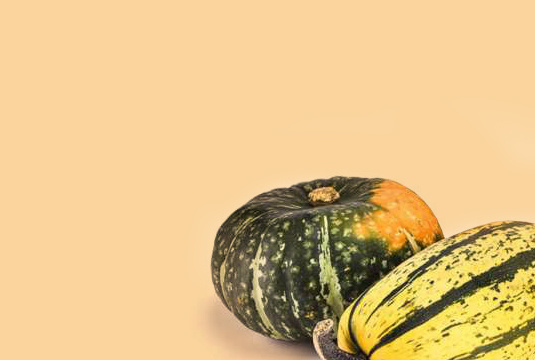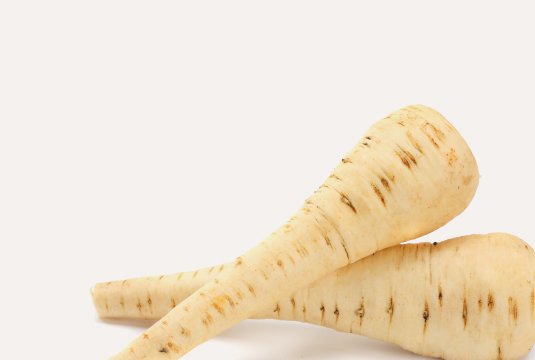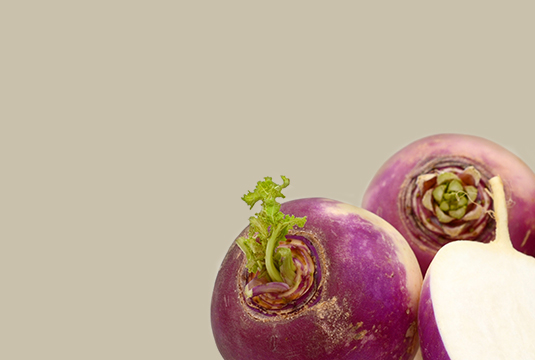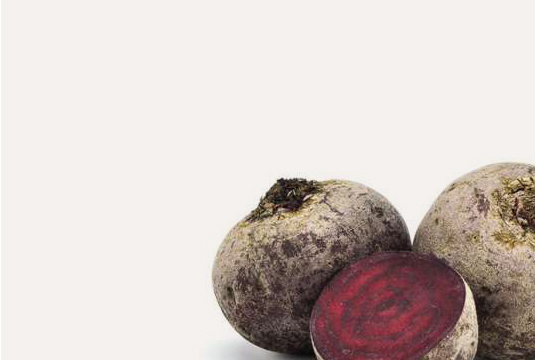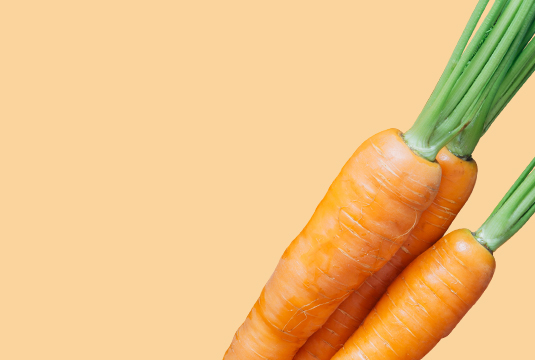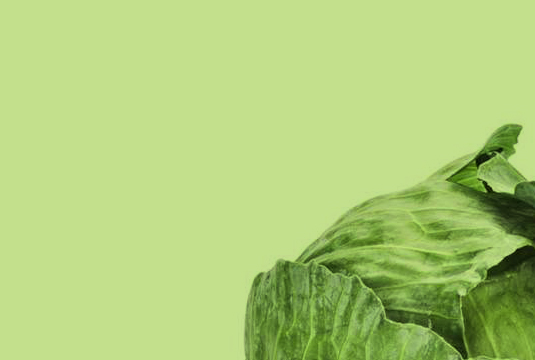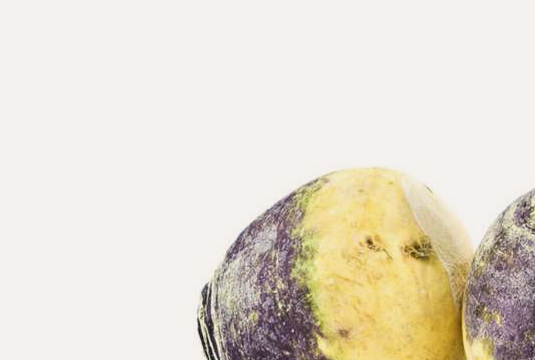
Rutabaga
Products
Rutabaga
Our Offer
| Products | Formats | QTY / PAL. | Availabilities | ||||
| Rutabagas | |||||||
| Medium |
|
|
12 months | ||||
| Medium-Large #1 | 50 lb | 42 | 12 months | ||||
| Medium-Large #2 | 50 lb | 42 | 12 months | ||||
| Bulk | |||||||
Nutritional Value
Vitamin C: Excellent source (50% of the recommended daily value by serving)
Folacin: Source (11% of the recommended daily value by serving)
Fibres: Source (2.9 g by serving)
* A portion equals 120g (175ml of rutabaga) raw vegetable.
The rutabaga needs to be peeled and its cooking time is almost twice as long as the turnip’s. This is a perfect choice to serve mashed or to prepare a soufflé.
Rutabaga Cream
- 15 ml of vegetal oil
- 1 chopped onion
- 1 GNC big rutabaga, diced small
- 500 ml chicken broth
- 1 pinch of cinnamon and nutmeg
- Salt and pepper
- 250 ml of milk250 ml of shredded cheese
In a saucepan, heat the oil over medium heat and stir the onion and rutabaga around 5 minutes. Add the broth, cinnamon, and nutmeg, and simmer for 30 minutes or until the rutabagas become tender. Puré in blender, return mixture to pot. Add milk, reheat, and mix cheese until it melts. Salt and pepper to taste.
Give 4 servings
Tips & Facts Express
We recommend that you store their rutabagas without cleaning them in the refrigerator up to 3 weeks or at ambient temperature for up to one week.
Did you know that…?
The rutabaga is bigger than the turnip. Its leaves are bigger and thicker. Finally, it has stronger and sweeter taste than its cousin.
Historical Note
Latin: Brassica napus
Root vegetables such as the rutabaga and purple-top white turnip originate from northern Europe and Siberia. The rutabaga would be a result of a plant hybrid between cabbage and turnip.
Storage
Ethylene Tolerance Yes
Temperature (°C) 0 – 0
% Relative Humidity 90 – 95
Duration (days) 60 – 95

